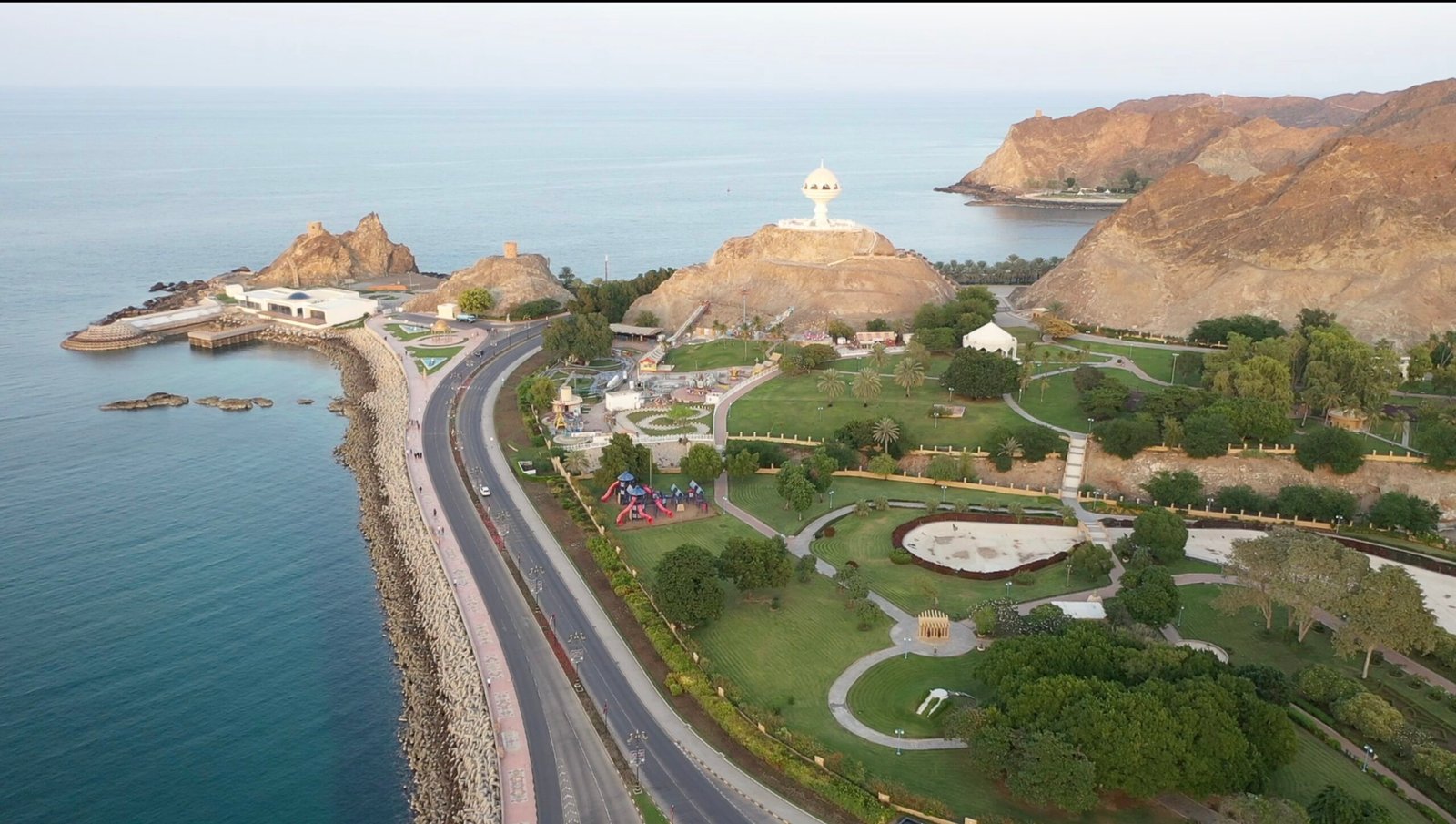The Sultanate of Oman’s Commitment to Environmental Conservation
The Sultanate of Oman has long been recognized for its breathtaking landscapes, rich biodiversity, and unique ecosystems. As a nation that values its natural heritage, Oman has established a robust framework for environmental protection, demonstrating a profound commitment to sustainability and conservation.
Legislative Framework
The Omani government has implemented a series of regulations and laws aimed at safeguarding the environment. Recent decisions, such as Decision No. (2024/187), highlight the ongoing efforts to amend and enhance environmental regulations. These amendments reflect a proactive approach to managing resources responsibly, ensuring that development projects align with environmental sustainability.
Investment in Conservation
Oman invests significantly in conservation initiatives, establishing several protected areas to preserve its diverse flora and fauna. Notable reserves include:
- Daymaniyat Islands Nature Reserve: A vital marine sanctuary known for its rich coral reefs and diverse marine life.
- Ras Al Jinz Turtle Reserve: A crucial nesting site for endangered green turtles, playing a key role in their conservation.
- Arabian Oryx Sanctuary: The world’s first protected area for the Arabian oryx, a symbol of conservation success.
- Jabal Al Akhdhar: Renowned for its unique ecosystems and stunning landscapes, offering habitat for various species.
These reserves not only protect wildlife but also promote eco-tourism, allowing visitors to appreciate Oman’s natural beauty while contributing to the local economy.
Sustainable Practices in Industry
The Sultanate is also making strides in promoting sustainable practices across various industries. Recent regulations require environmental audits for significant projects, such as oil refineries and petrochemical industries. This ensures that industrial activities minimize their ecological footprint and adhere to high environmental standards.
Commitment to Renewable Energy
Oman has pledged to achieve net-zero emissions by 2050, reflecting its dedication to combating climate change. The government is actively working to expand its electricity generation capacities through renewable independent power projects (IPPs). By 2030, Oman aims to derive at least 30 percent of its electricity from renewable sources, primarily through onshore wind and solar energy initiatives. Furthermore, Oman aspires to become one of the largest producers and exporters of green hydrogen in the world by 2030, positioning itself as a leader in the hydrogen economy.
Community Engagement
Oman recognizes the importance of involving local communities in environmental conservation. Educational programs and awareness campaigns encourage citizens to participate in sustainability efforts, fostering a culture of environmental responsibility. Community-led initiatives, such as tree planting and waste management programs, have gained momentum, demonstrating a collective commitment to protecting the environment.
The Sultanate of Oman’s dedication to environmental conservation is evident through its legislative initiatives, conservation efforts, and community engagement. By prioritizing sustainability and committing to ambitious renewable energy targets, Oman not only protects its natural heritage but also paves the way for a resilient and prosperous future. As the world faces increasing environmental challenges, Oman stands as a testament to the importance of caring for our planet, ensuring that future generations can enjoy its beauty and resources.




